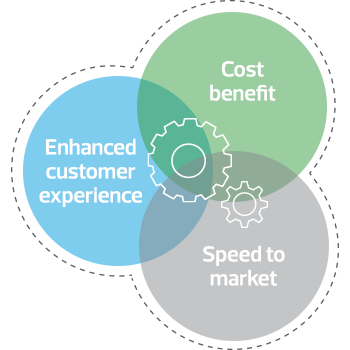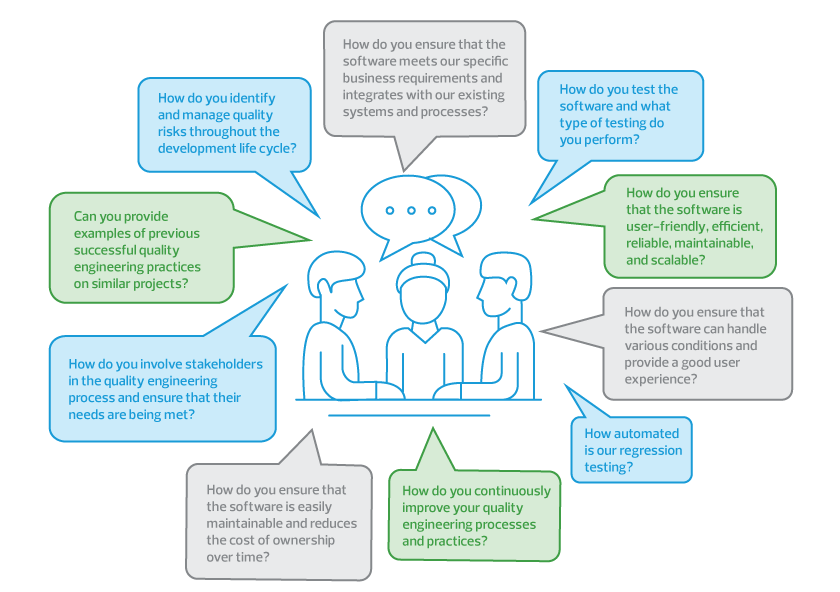Consumer and industrial products companies have long understood the importance of quality in product development. With the rise of digital business and the increasing integration of technology into products and services, prioritizing quality in technology implementation and system integration has become even more critical.
To support speed-to-market initiatives and maximize competitive advantage, companies are rapidly adopting modern software development practices, with an increased focus on ready-to-use software as service technology solutions.
However, these implementations lead to large system integrations of digital products residing on multi-cloud IT infrastructure. Organizations must ensure that their digital products offer reliability and scalability, as well as seamless integration across multiple cloud environments to provide users with a consistent experience.
Introducing quality engineering
Quality engineering can help your company ensure that technology solutions meet these high standards and integrate seamlessly with existing systems and processes. By adopting a proactive approach to quality throughout the development life cycle, your company can reap the benefits of increased efficiency, cost savings, enhanced reputation, and greater customer satisfaction.
For companies looking to leverage technology to grow their business and stay competitive in today's digital landscape, quality engineering is essential. It is a systematic and proactive approach that ensures the desired quality is built into a product or service from the outset, rather than being addressed after the fact. For manufacturing companies, quality engineering should be a standard approach when implementing any technology, especially packaged enterprise resource planning systems.
Quality engineering and traditional software testing are related, but distinct. As a holistic approach, quality engineering focuses on identifying and addressing quality risks through both waterfall (requirements analysis, design, build, testing, implementation, and deployment) and agile (planning, sprint) activities.
Representing an evolution in software testing, quality engineering encompasses the traditional activities of verifying that software meets specific requirements through manual or automated tests. But while traditional testing is a reactive approach that focuses on finding defects after they have been introduced, quality engineering is a proactive process that aims to prevent defects from being introduced in the first place.



